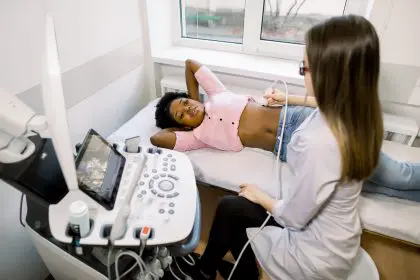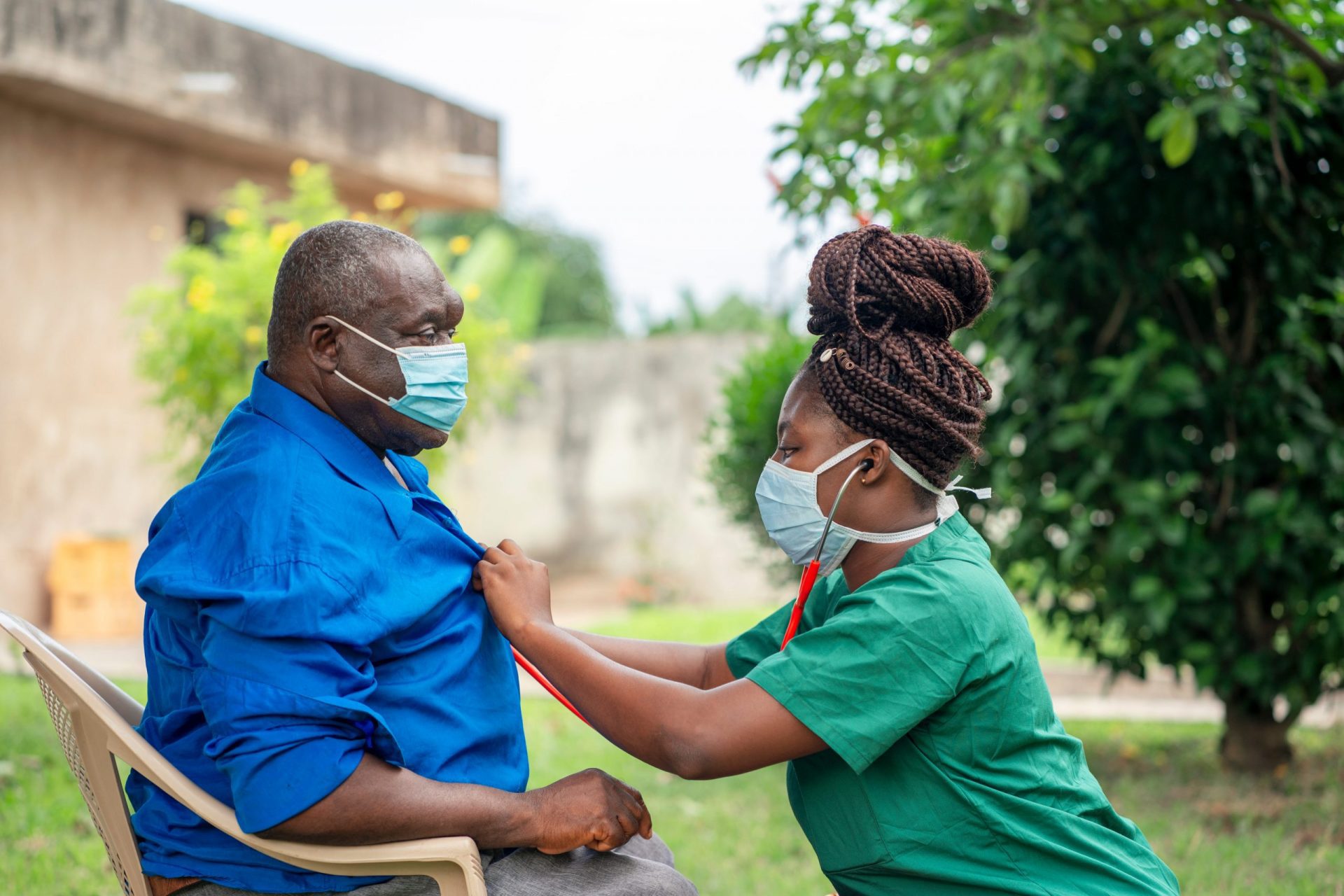One reason medical experts find this awareness gap so concerning is its potential impact on future cancer rates. As HPV infection rates remain high, they worry we could see a significant increase in throat cancer cases in the coming decades. This prediction makes current awareness and prevention efforts even more crucial.
The pandemic’s hidden impact
While Covid-19 understandably dominated health discussions in recent years, it also created an unintended consequence: routine vaccinations, including HPV shots, dropped significantly. Healthcare providers now face the challenge of helping people catch up on missed vaccinations while combating increased vaccine hesitancy.
Breaking myths about protection
A common misconception suggests that older adults don’t need the HPV vaccine. However, doctors emphasize that vaccination benefits extend well into adulthood. The virus can remain dormant for years before causing health problems, making protection important even for those in long-term relationships.
The gender barrier
Historical marketing of the HPV vaccine primarily to young women created a persistent gender gap in awareness and vaccination rates. Men often don’t realize they’re equally at risk for HPV-related cancers. This oversight leaves a significant portion of the population vulnerable to preventable cancers.
Understanding transmission risks
The virus spreads through intimate contact, but many people don’t realize how common exposure can be. Even individuals in monogamous relationships might have been exposed earlier in life. This reality makes universal vaccination particularly important for public health.
The testing challenge
While women benefit from regular screening options like pap smears and HPV tests, men face a different situation. The lack of routine testing options for men means many carry the virus without knowing it. This knowledge gap complicates prevention efforts and underscores the importance of vaccination.
Economic impact
The cost of treating HPV-related cancers far exceeds prevention expenses. Medical economists point out that increasing vaccination rates could significantly reduce healthcare costs while preventing unnecessary suffering. Insurance typically covers HPV vaccination, making it an accessible option for most people.
Healthcare provider perspectives
Medical professionals express frustration at the persistent myths surrounding HPV vaccination. They emphasize that the vaccine’s safety record spans many years and millions of doses. The challenge lies in communicating this information effectively to hesitant patients.
Cultural considerations
Different cultural attitudes toward discussing sexual health can affect vaccination rates. Healthcare providers work to address these sensitivities while ensuring everyone receives accurate information about HPV risks and prevention options.
Education initiatives
Public health organizations are developing new approaches to HPV education. These efforts focus on reaching diverse audiences through various channels, from social media campaigns to community outreach programs. The goal is to make HPV information more accessible and less stigmatized.
Family discussions
Medical experts encourage families to discuss HPV vaccination openly. Starting these conversations early helps normalize the topic and ensures young people understand the importance of prevention. Parents play a crucial role in protecting the next generation from HPV-related cancers.
Workplace wellness
Some companies now include HPV awareness in their wellness programs. This corporate support helps reduce stigma and makes it easier for employees to access vaccination and information. Workplace education programs can reach adults who might otherwise miss crucial health information.
The role of primary care
Family doctors and primary care physicians serve as frontline educators about HPV risks and prevention. Their trusted position allows them to address concerns and provide personalized recommendations about vaccination timing and benefits.
Moving forward
As medical understanding of HPV continues to evolve, prevention strategies may expand. Researchers work on improving testing options, particularly for men, while exploring new ways to protect against the virus. Public health officials remain optimistic that increased awareness will lead to higher vaccination rates.
Taking action
For individuals concerned about HPV, medical experts recommend several steps: Consulting healthcare providers about vaccination eligibility, regardless of age or relationship status Staying current with recommended health screenings Having open discussions with partners about HPV prevention Seeking reliable information from medical sources rather than social media
The path to better HPV awareness and prevention requires ongoing effort from healthcare providers, public health officials, and individuals. By working together to spread accurate information and reduce stigma, we can help protect more people from preventable cancers.












